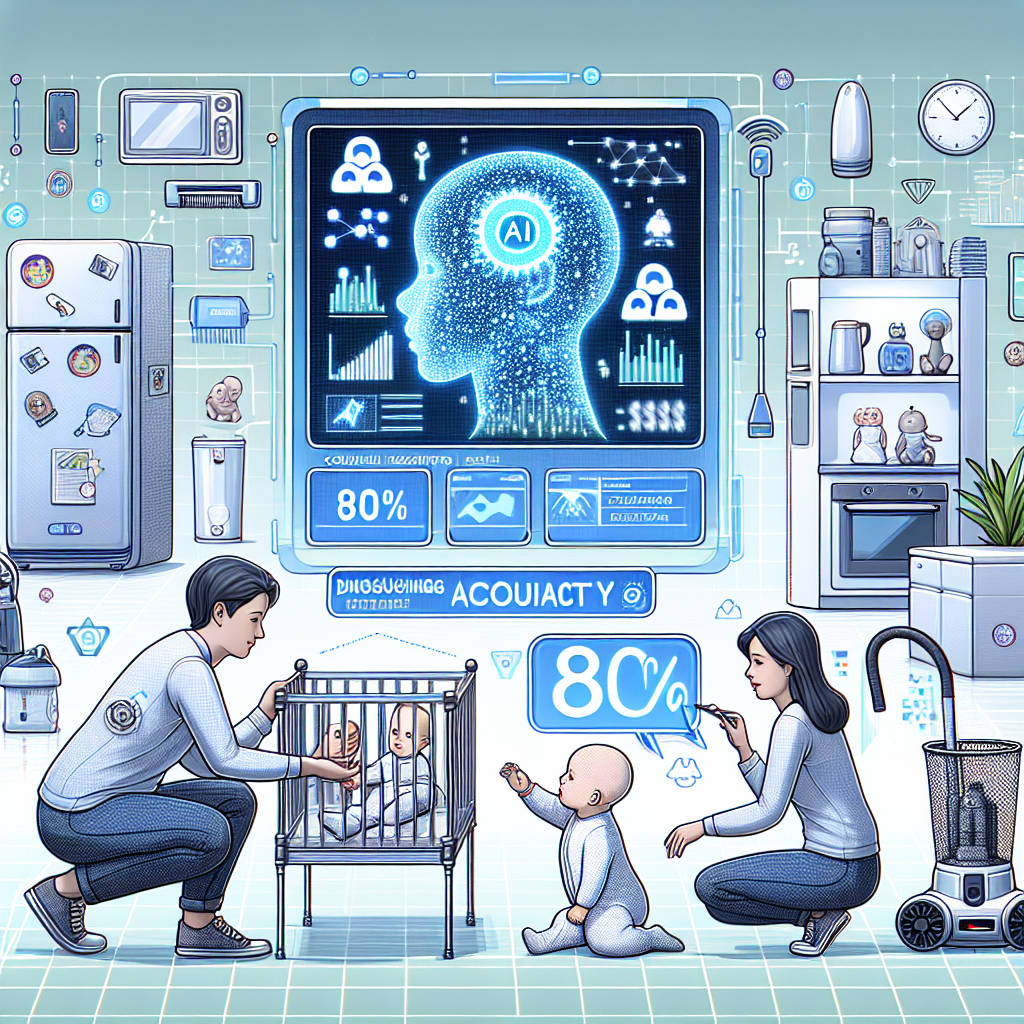“AI Cracks the Autism Code: Excels in Early Detection with an Accuracy Score of Nearly 80%”

“AI shows promise in early autism detection, achieving near 80% accuracy”
“Scientists and researchers have been exploring how machine learning and predictive analysis can be used to help identify autism spectrum disorder (ASD) in early stages, especially in infants. By using algorithms that analyze a child’s behavior and compare it to patterns often seen in autistic children, AI systems provide insight that is often invisible to the naked human eye, achieving near 80% accuracy.”
Yes, you read it right, dear technocrats. The algorithm overlords are eloping with the medical sphere now. Apparently, being omnipresent in our phones, fridges, and vacuum cleaners wasn’t entertaining enough. They’ve now started probing the mysteries of the human brain, specifically, undertaking the noble cause of early autism detection. Don’t roll your eyes, the AI community is boasting a near – hold your breath – 80% accuracy!
Now, let’s set the sarcasm aside momentarily and dive into the nitty-gritty of this groundbreaking research. Let’s also give our robot gods the respect they deserve. Especially when they’re making strides in understanding a complex neurological disorder like ASD that even confounds the best of human minds.
This technological marvel shines a spotlight where our mere human eyes can’t pierce. It draws parallels between analyzed behavior patterns of infants and corresponding patterns commonly exhibited by autistic children. Say goodbye to years of clinical evaluations and loads of diagnostic tests for your little ones. AI’s on the case now!
And let’s not ignore the impressive digits – the diagnostic accuracy that we are dealing with here. AI systems, with their brag-worthy success rate, have proposed a heartening proposition where the early detection and diagnosis of ASD are no longer a shot in the dark. It’s a future where treatments can be expedited and the quality of life drasticlly enhanced.
But hold up, is it too soon to toast to our self-learning systems? 80% is definitely a ticket to the party, but it’s not the grand prize. Still, let’s not get too hoity-toity. After all, we’re talking about a significant improvement which could have a profound impact on the lives of affected individuals.
Now, if we’re willing to entrust our future generations’ neural health to machine learning, we’d better make damn sure AI’s lofty claims hold water. So, while AI high-fives itself for steps it has taken towards autism detection, we’ll observe from the sidelines, not yet completely sold on the whole idea, but impressed and hopeful nonetheless.
